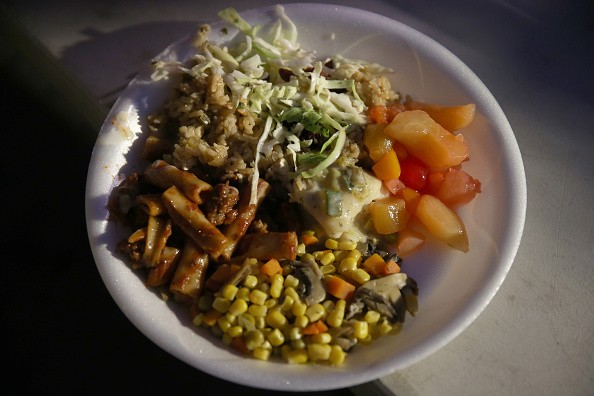
People who have type 2 diabetes are often told to eat six small meals a day. But a new study suggests that they might have fewer hunger pangs and less depression if instead they eat a large breakfast and a large lunch, but no dinner.
The study was conducted at the Institute for Clinical and Experimental Medicine in Prague in the Czech Republic. It used data from a previous study that involved 54 people with type 2 diabetes and compared two low-calorie diets. Each of the people enrolled in the study ate six small meals a day for 12 weeks and then ate a large breakfast and a large lunch for 12 weeks.
Over the course of the study, the participants reported that they felt less depressed and that they had a better quality of life compared to how they felt before the study started. But the improvement in mood in people when they ate just breakfast and lunch was significantly better than when they ate six meals a day. They also said that they felt less hungry.
The participants also said that they had less of a tendency to overeat while they were in the large-breakfast-and-large-lunch portion of the study. People who eat fewer, but larger meals may feel fuller and more satisfied when they do eat, said Dr. Hana Kahleova, the study's lead author in an email interview with Reuters Health. She added that people need to eat 30 to 40 grams of fiber per day to be successful with the diets.
The most important factor in diet for people with type 2 diabetes is to make sure they spread their carbohydrate intake out through the day. But researchers are now looking not only at what is eaten during the day by people with diabetes, but also at the emotional component of eating.
The study was published in the European Journal of Clinical Nutrition.



